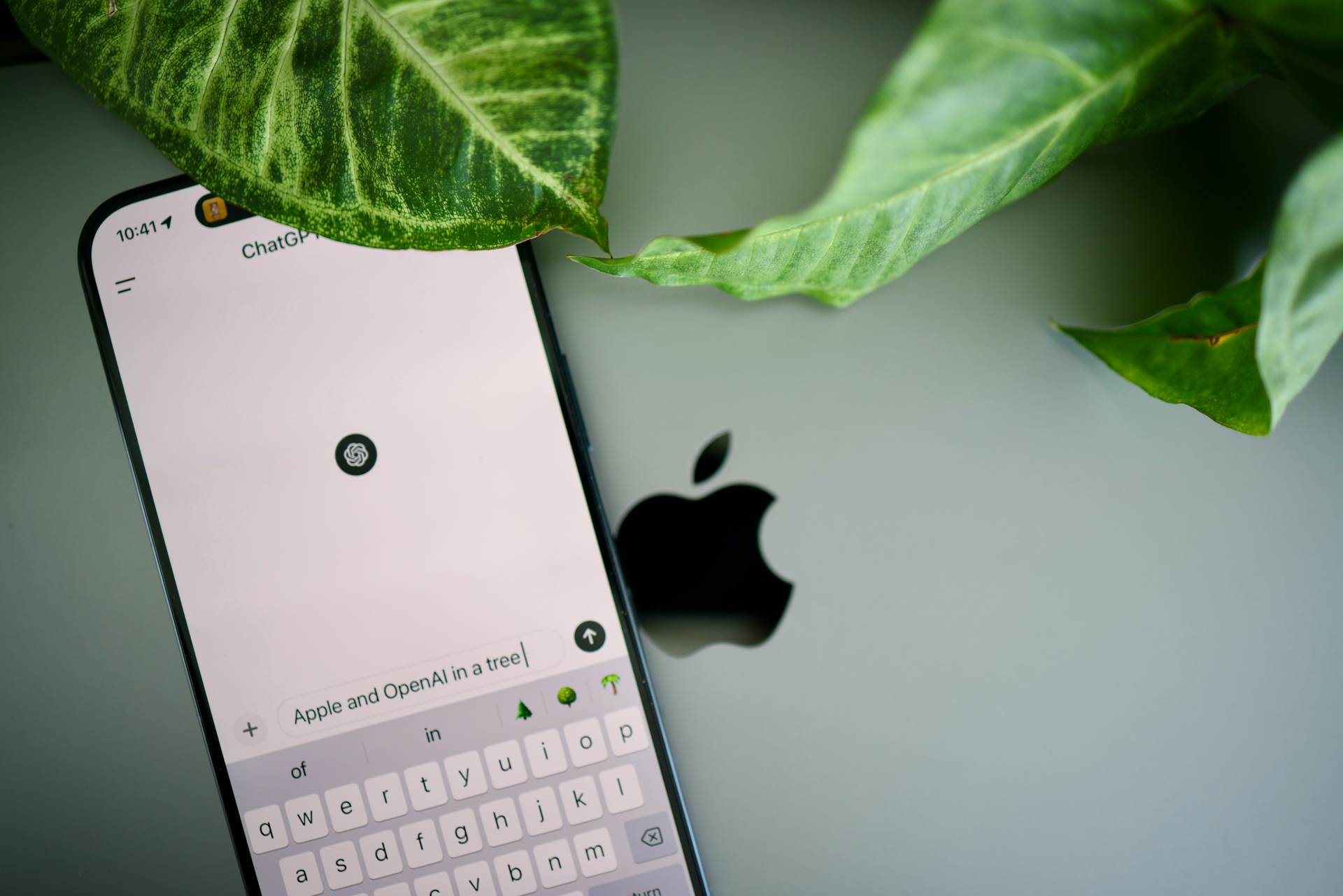ChatGPT has revolutionized the world, with AI becoming the norm and people needing chatbots for routine purposes. Has ChatGPT changed our lives completely? Absolutely, in so many ways, and it’s expected to continue doing so with key advancements led by OpenAI.
ChatGPT’s Evolution has been a historic event that has led humankind into a new era of technology. However, it has also caused significant concerns, including data privacy and security, legal complications, a lack of preparedness, and AI causing mass layoffs.
Here, we’ll explore how ChatGPT has impacted our lives, the current global situation of AI’s adoption and use cases, and what to expect from the revolutionary chatbot in the future.
Rapid evolution of ChatGPT mainstreams AI
A founding team of tech visionaries, including Sam Altman, Elon Musk, Greg Brockman, and others, led to the creation of OpenAI in 2015, which introduced ChatGPT, a GPT-3.5-powered chatbot, in November 2022. It gained 1 million users within five days of its launch, a feat only bettered by Meta’s Thread, which managed to reach the milestone in just an hour.
Today, ChatGPT has crossed the mark of 180 million monthly active users, with 3.9 million paid subscribers as of March 2024. With such massive adoption, people rely on the chatbot for personal and professional causes, and “I’ll ChatGPT it” is becoming imminent.
From GPT-1 (introduced in 2018) to GPT-4o (launched in May 2024), ChatGPT has made great strides in understanding and generating natural language. It can now process a diverse mix of inputs, including text, audio, images, and video, and produce output in several forms.
How has ChatGPT changed our lives?
ChatGPT has transformed the way people work. It has made a significant impact on various professional fields and enhanced the productivity and creativity of individuals. It helps by automating routine tasks, providing assistance in content creation, and opening doors to a vast treasure of publicly available information.
From writing emails and essays, completing assignments, creating art pieces, and aiding brainstorming sessions, numerous use cases of ChatGPT benefit the world. Let’s have an in-depth look at the most common ways the revolutionary chatbot has changed us:
Writing & communication
ChatGPT has dramatically enhanced and simplified writing and communication. It can work as a virtual assistant, email drafter, and conversational partner to improve things. Writers, journalists, and other professionals use it to find ideas, generate content, and craft writeups.
Creative thinking
Creative thinkers seek help from ChatGPT to brainstorm and optimize ideas for their work. Writers, painters, and other artists use it to create poems, pieces, and other artistic entities.
Entertainment
The entertainment industry also uses ChatGPT to develop storylines and scenes for movies, script and dialogue writing, games, and other interactive experiences. A report suggests that 30% of outbound marketing messages and up to 90% of a major blockbuster film’s content could be AI-generated by 2035.
Educational support
ChatGPT is helping educators implement intelligent tutoring systems powered by AI to provide personalized learning experiences and lesson plans. The chatbot can answer questions, provide learning resources, and offer assistance for studying.

Healthcare improvements
The healthcare sector is utilizing ChatGPT for several purposes, such as medical documentation analysis, disease monitoring, and even medical text writing. Research has proved that the chatbot can accelerate drug discovery by identifying and developing new medications.
Business & customer service
ChatGPT offers several uses in business operations, such as data analysis, handling, decision-making, and content creation. Companies are enhancing their customer support teams by allowing AI to handle simple queries and assist representatives in crafting responses.
Will ChatGPT continue to change the world?
ChatGPT is a powerful tool that has completely changed how users handle their routine work in a short period. It is expected to continue to do so with several key benefits. The chatbot enhances accessibility and inclusivity by allowing users to interact with technology through natural language and deliver more accessible access to information in multiple languages.
It is also highly cost-effective as professionals can automate tasks that traditionally require human input. Customer service representatives, content creators, and coders can use ChatGPT to simplify their tasks, be more productive, and improve the quality of their work.
ChatGPT is even leading innovation and research in AI, continuously mounting new standards in natural language processing and generation. AI researchers are inspired to adopt and enhance the technology’s applications, leading to ground-breaking advancements.
Major companies, including Microsoft, Meta, and GitHub, are now using GPT technology for their flagship offerings. More major players are set to join the trend very soon. However, challenges and downsides lurk with the widespread adoption of AI.
Overreliance on ChatGPT is the biggest concern, as it could decrease human productivity and creativity. MIT and Wharton School research found that AI can hinder critical thinking and foster dependency while even enhancing performance.
Data privacy and unfair distribution, legal and ethical implications, and AI taking jobs are other prominent concerns among the masses. Effective measures must be implemented to counter these challenges and maximize AI’s benefits.
Final thoughts
ChatGPT has changed the world with its widespread adoption due to countless use cases. Society now relies on chatbots as it relies on Google for mundane activities. Incorporating AI for personal and professional causes has many benefits, but there are certain challenges as well.
It’s essential to understand both sides properly and work with ChatGPT accordingly. Otherwise, the downsides may hinder your capabilities and cause you to over-rely on the technology.
The world will continue to change with further advancements in AI. You must stay flexible and adapt to change with appropriate education and understanding. That’s all from our side.





